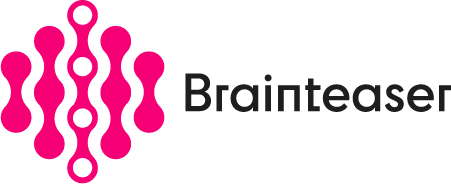European Union-funded project BRAINTEASER has just announced the development of two tools–a dashboard and mobile application (app)–to help health professionals and patients with multiple sclerosis (MS) and amyotrophic lateral sclerosis (ALS). The 4-year BRAINTEASER project, which has received funding from the Horizon 2020 programme, joins expert partners, clinical studies, and modern technology to leverage data science, artificial intelligence and insights to care for patients with ALS or MS. It aims to consider the entire healthcare process with a 360° view and deliver a unique solution for such a challenge.
In a step to drive better health and care services for these different players in the health system, the project has conceived two tools: a web-based dashboard for health professionals and mobile-based app for patients and caregivers. Both tools include comprehensive content, varying according to the needs of those individuals and the disease type.
In terms of the dashboard, it hosts clinical tools for healthcare professionals to use, especially for patient enrolment and continual follow-up. The tools collect data on patients’ health status and daily habits and support professionals via alerts and notifications on changes. Clinicians can view the data reported by patients on their mobile and suggest new activities or schedule visits.The patient profile is semi-anonymous, so only the email address is available. A set of credentials (username and password) provide the authentication code (sent by email) for clinicians to manually insert into the dashboard. The boosted security aims to protect patient data and reassure that information provided will be stored safety.
Apart from this leading feature, the dashboard has undergone several iterations to better adapt to clinicians’ needs. For example, it allows clinicians to report, if known, items like the Gold Coast Criteria for diagnoses; intervention dates for percutaneous endoscopic gastrostomy and non-invasive mechanical ventilation; and menstrual cycle information. The dashboard also does oblige clinicians to enter all the device data, given that a list of devices associated with the clinical centre will be available.
In terms of the mobile-based app, it serves patients and caregivers to help them report symptoms, complete questionnaires, receive notifications, read educational content/tips and partake in recommended activities that promote overall well-being. Each interaction is personalised to the patient based on either the symptoms described or the score reported (per functional scales ALSFRS-R and EDSS in ALS and MS cases, respectively). This means that patients and caregivers can expect different types of materials and activities relevant to their unique needs, helping to improve the health experience.
As a whole, the latest breakthrough developments in the tools underpin the project’s commitment to enhance care for patients with MS and ALS and provide support to healthcare professionals and caregivers. The co-creation processes that took place contributed to making the user-fitted apps that would be used in BRAINTEASER-organised pilot sites across Europe (in effect since November 2022). Moving forward, the next objective of this multidisciplinary consortium project will be to take learnings gained from the pilot sites to refine the apps and guarantee a more robust tool for patients, caregivers and healthcare professionals alike.
—
For more information about the project and tools, please free to contact us at https://brainteaser.health/contact/.




